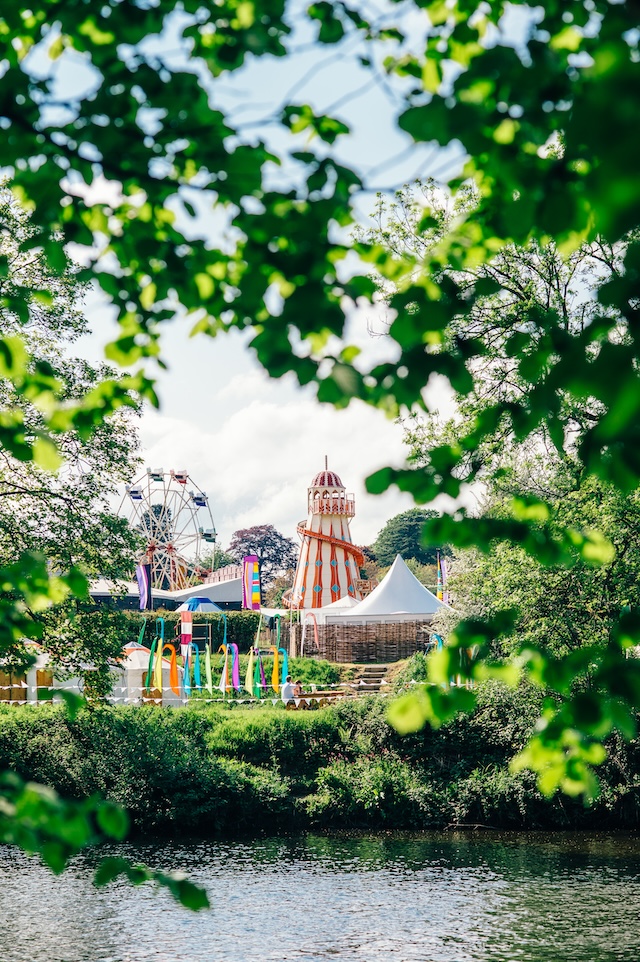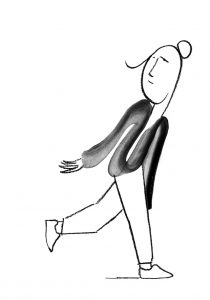Philosopher Hilary Lawson on founding HowTheLightGetsIn, curating a space for open conversation, and what it means to navigate uncertainty in a fractured world
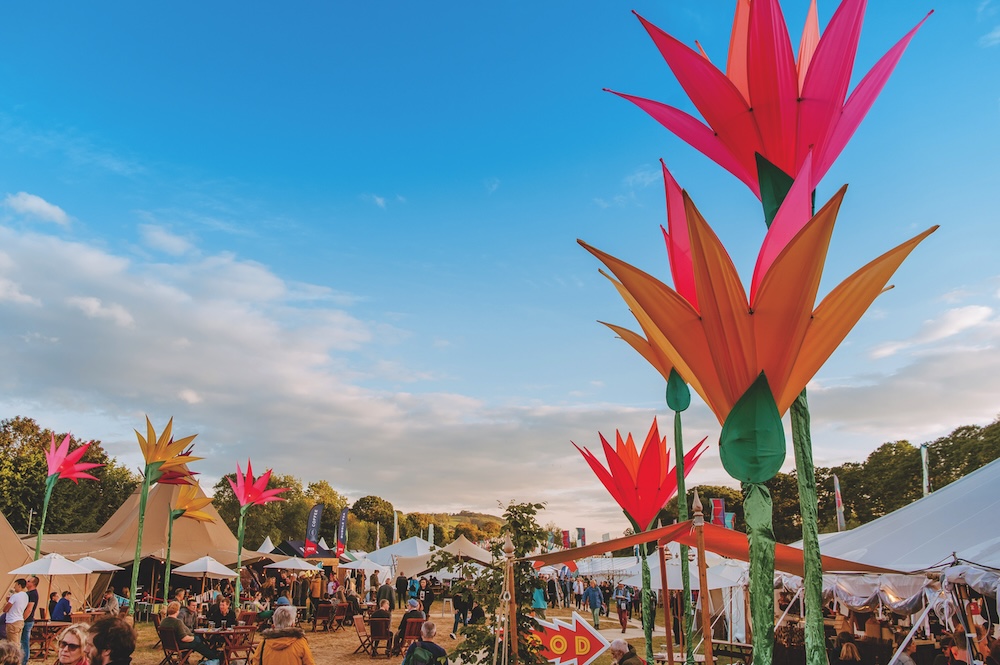
Founded in 2010 by philosopher Hilary Lawson, HowTheLightGetsIn is a UK-based philosophy and music festival that brings together thinkers, politicians, scientists, writers and artists for a programme of debates, talks, performances and live events. With editions in Hay-on-Wye and London, past participants have included Steven Pinker, Slavoj Žižek, Ai Weiwei, Laurie Penny, Yanis Varoufakis, Deborah Levy and Noam Chomsky. This year’s Hay edition, themed Navigating the Unknown, featured over 300 events spanning politics, philosophy, science and culture, with a standout session exploring international law in the context of Ukraine and Gaza. The upcoming London edition, set for September, will take on the theme After the West, examining shifting global power structures and the future of geopolitics through a new slate of debates and speakers.
Today, with public discourse becoming increasingly polarised, the festival gives a moment of respite – and, importantly, a space for in-depth, cross-disciplinary discussion. In this interview, Lawson reflects on the origins of HowTheLightGetsIn, how the festival has grown from a small gathering to a major platform for ideas, and the editorial process behind curating its themes and debates. He also discusses this year’s focus on uncertainty, the thinking behind next season’s After the West, the challenges of keeping the content original and genuinely thought-provoking, and what it takes to build a space for open conversation, resisting status-led formats.
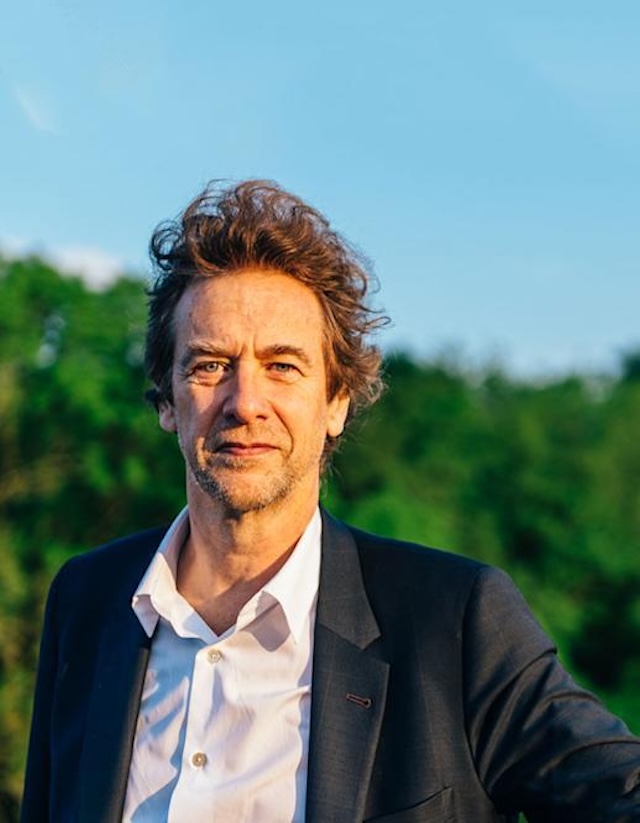
How was the festival this year?
We had an absolutely great festival in Hay. I think it was the best one in a long time. We had lots of great friends, and people really enjoyed it. We were very pleased.
What were the highlights? Any standout moments?
It’s always tricky to pick highlights – we have 300 events, so it seems a bit invidious to choose particular ones. But we’ve just got one going out called The Rules of War, about whether international law means anything in the context of Ukraine and Gaza. We had Jeremy Corbyn and Varoufakis on one side, Rifkind and someone else on the other. It was a very heated and really interesting debate. There was a whole range of topics that went really well. I think that was widely felt by attendees, they really enjoyed it.
We film all of the events and release them once edited. They go out on IAI.tv, on third-party sites and our YouTube platform. Being at the festival is exciting, and for a good event we might have 500 people – The Rules of War had 700, so the tent was packed. But in a good month, we can have 10 million views on our online platform.
The Hay festival’s theme was ‘Navigating the Unknown’. What inspired that choice?
We chose that title because we thought it summed up our current situation in the world. Traditionally, we’ve imagined we’re just uncovering the unknown, bit by bit. But the idea behind the festival was more radical – that the world might be unknown in a fundamental way. Not just that there are gaps in our knowledge, but that everything we know is from our perspective, and others have very different views. We’re navigating a world where there’s no single truth, just competing perspectives. The whole thing is, in a sense, unknown. So the question becomes: what might we do about that?
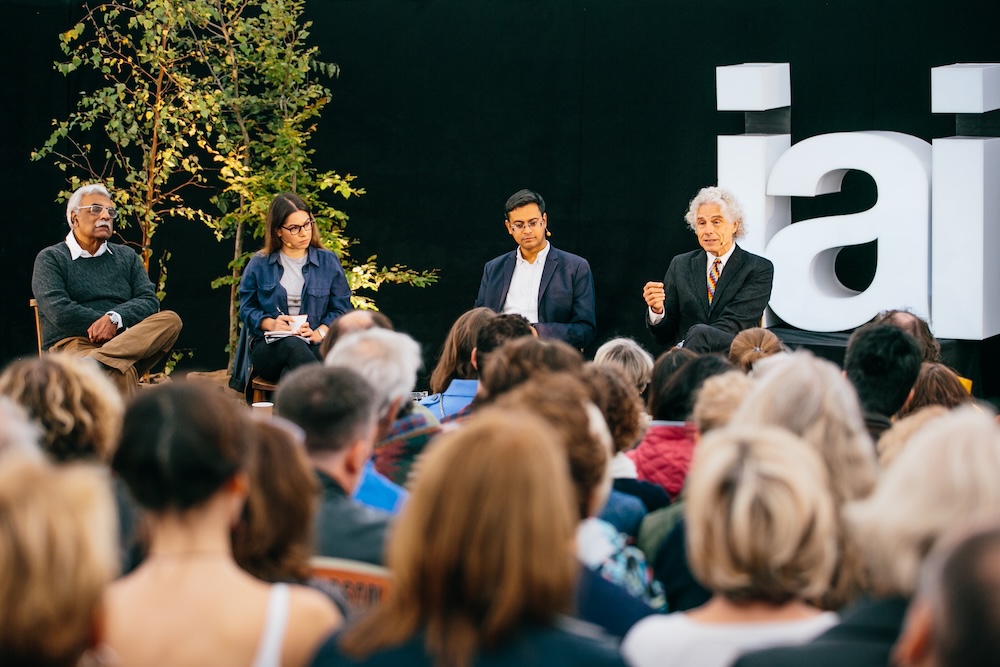
Do you brief the speakers with the theme so they can respond to it?
The way we build the festivals is we start with a theme, which we choose because we feel it captures the cultural zeitgeist. For Hay, it was Navigating the Unknown. For our next festival in London, it’s After the West. We divide the intellectual world into a series of topics and apply the theme to each. Then we frame debates around those topics and find the most interesting people in the world to address them.
For example, in the Hay edition we had a philosophy debate on language and thought, titled Lost in Thought. It was about what thought really is and whether we understand it. I debated with Steven Pinker, who had a very different position. That’s how it works: we take a theme, apply it to various fields and create debates. Then we go find the most engaging voices.
You launched the festival in 2010. What was the initial idea, and how has it evolved?
The first event had 50 people. Now, in a good month, we get 10 million online views. A pretty radical change. There was no grand vision at the start. I’m a philosopher, and I felt philosophy wasn’t really part of British culture. It was seen as technical or irrelevant – a Monty Python sketch more than something meaningful. That seemed crazy. Philosophy deals with the biggest issues we all face as humans. Why weren’t we talking about them?
Academic philosophy had also become very introverted, arguing over the meaning of words, not ideas that mattered to people. If I said at a dinner party I was a philosopher, people wouldn’t lean in – they’d avoid the topic. So the idea was to create a space to talk about big philosophical questions with real engagement.
People told me no one would come to a philosophy festival, but right from the start there was huge interest. We discovered people were hungry for deep, thoughtful discussion, especially in contrast to the sound-bite culture of the internet. At first, we thought we needed to make things accessible or ‘simple’, but we quickly realised we didn’t need to dumb it down. People can follow complex topics if the speakers hold different views. You don’t need to know particle physics to follow a debate on it – you get the stakes through the clash of perspectives. We’ve had Nobel Prize winners in the audience. One even asked a question during a debate. But you don’t have to be a physicist to find it gripping. You just need good conversation and disagreement.
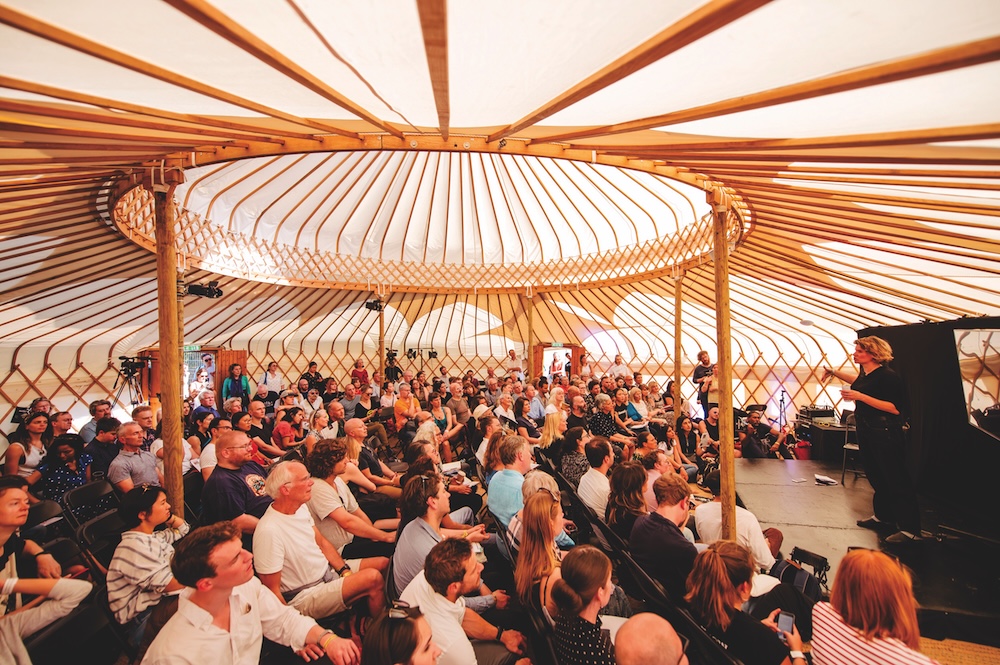
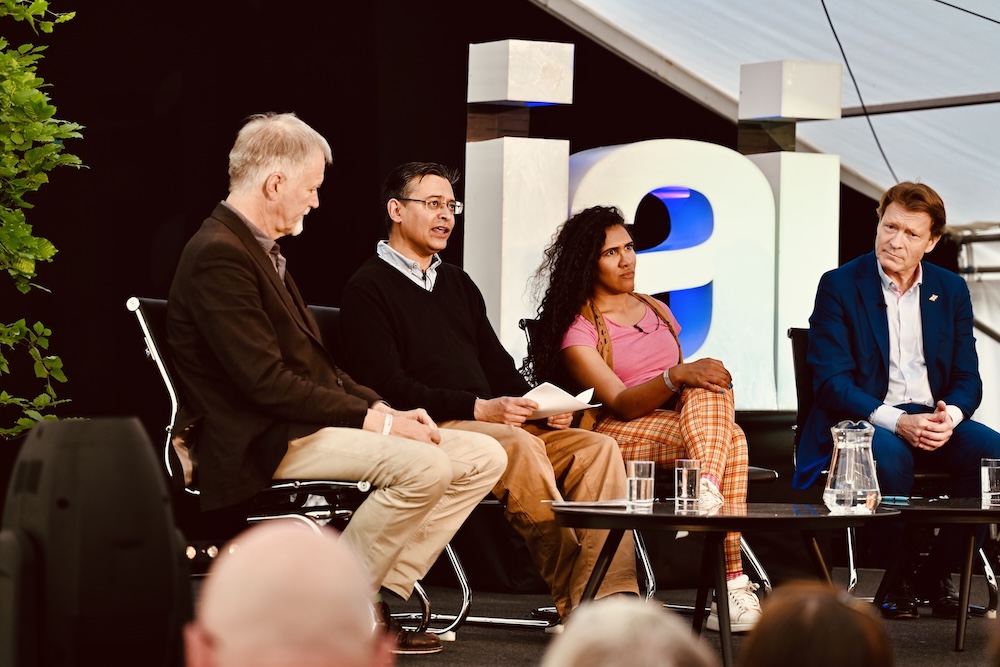
Who is your audience? Do you cater to a specific demographic?
Remarkably, our audience is evenly spread across age groups. We have sixth formers, university students, and people in their 70s and 80s. There’s a slight peak in the 25-35 age range, but it’s broad. And we get engagement from all over the world. Our biggest online audience is in the US, but you can name a town anywhere and we’ll likely have thousands of people who’ve watched our content from there.
What are some of the biggest challenges you face in putting the festival together?
Our biggest challenge is editorial. The practical side – such as building the festival site and the logistics – that’s handled brilliantly by our team. But we’re constantly trying to generate fresh ideas. People assume we just look at new book releases or recent articles, but most of those don’t really spark something new. We’re not about selling books or celebrity panels, we’re about ideas.
We need a new concept for every debate. For example, we’ve got one coming up called Making Europe Great Again. It explores whether Trump’s demands for Europe to pay for its own defence might push Europe to become a powerful global voice. Rather than seeing it as a crisis, could it be an opportunity? Another one is The Big Bang Miracle. The Big Bang theory is widely accepted, but it was initially proposed by a Christian physicist. We’re asking whether the theory was influenced by religious ideas – does science really come from a neutral place, or are our theories shaped by personal beliefs? That’s the level of thinking we want. And it’s hard.
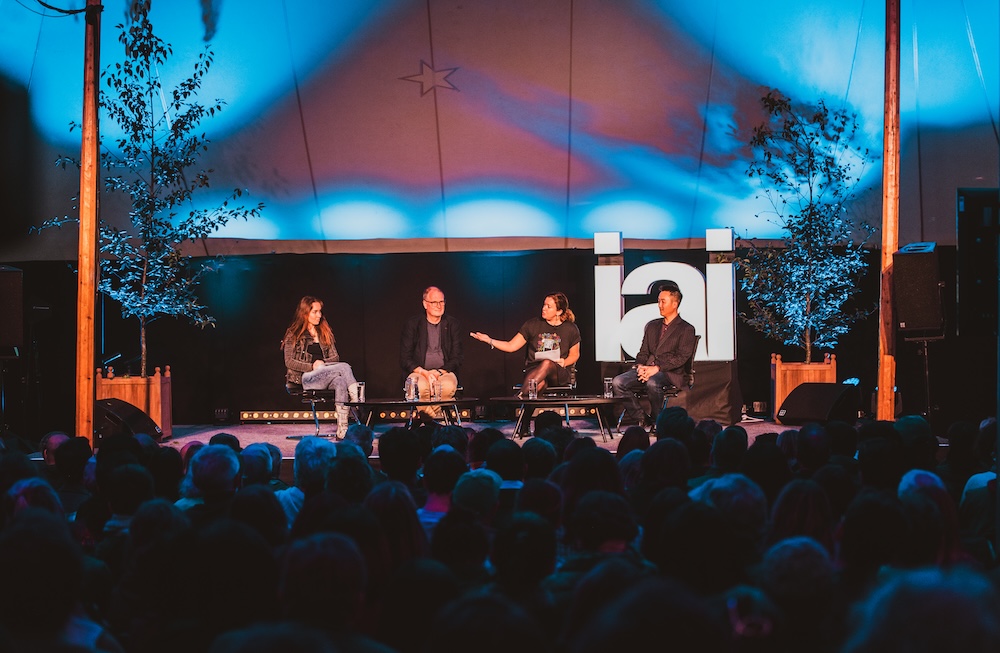
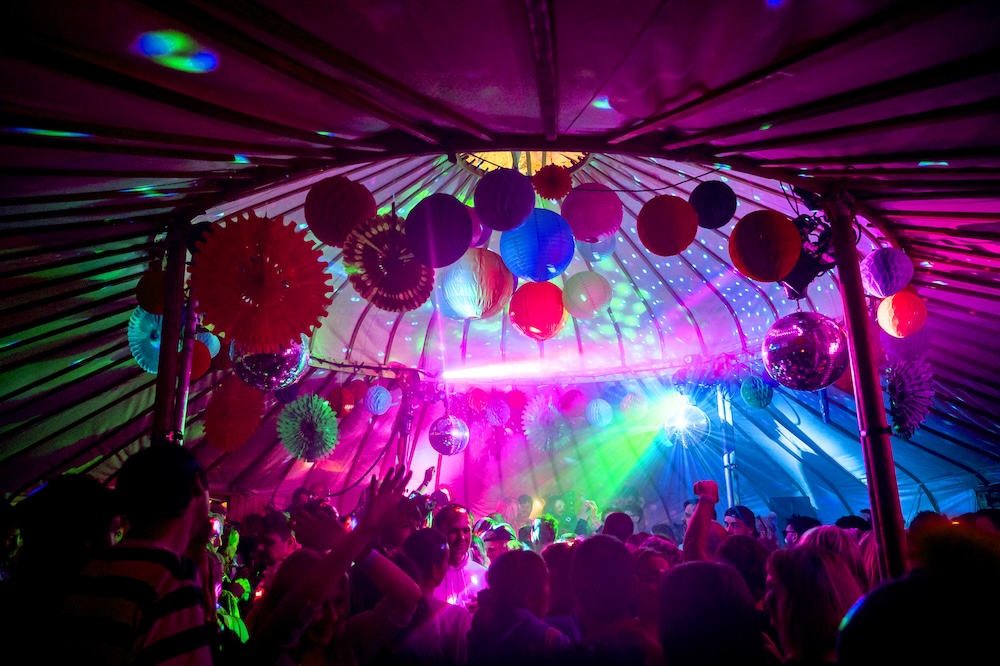
What does the future of HTLGI look like? Will the format evolve?
We’ve already started expanding. We began with debates and solo talks, then added what we call ‘hat sessions’, which vary the format – sometimes more interactive, sometimes different groupings. We now have Academy courses, which are longer and more like structured lectures. We’ve also built a huge library of content over the past 15 years, covering nearly every major topic with the biggest thinkers. Increasingly, universities subscribe to our platform so students can access this material. That’s a big area of growth.
We’d also like to expand globally. We’re exploring the idea of doing a festival in India, for example. India is growing fast – it’s the new economic power – and we want to be part of that cultural and intellectual conversation. Right now, although we include many American and European voices, we have fewer from India, China, Africa. That needs to change. Our tagline is ‘changing how the world thinks’, and to do that, we need a genuinely global range of ideas.
The festival also includes music and comedy, why is that important?
It’s a key part of what we do. People often ask why we include music and comedy. Apart from it making the experience enjoyable – I’m a festival-goer myself – it also changes the atmosphere. Without those elements, the ideas can feel more hierarchical, more like a conference, where the people on stage are the ‘authorities’ and everyone else is just watching.
We deliberately don’t use titles like ‘Professor’ or ‘Dr.’ – just names. In the world of ideas, status shouldn’t matter. Only the strength of your ideas. There are no VIP areas either. You might find yourself in the coffee queue next to a Nobel Prize winner. And that’s intentional. The best conversations often happen informally – over a bite to eat or some chocolate-dipped strawberries from a festival stand.
We don’t pay our speakers either, not because we’re trying to save money, but because we want people to take part because they care. We cover travel, but we want our biggest names to show up because they love the discussion, not for the fee. And we don’t allow anyone to do only a solo talk about their book. That’s marketing. We want real conversations where people can be challenged.
HowTheLightGetsIn is running from 20th-21st September 2025, find out more here
